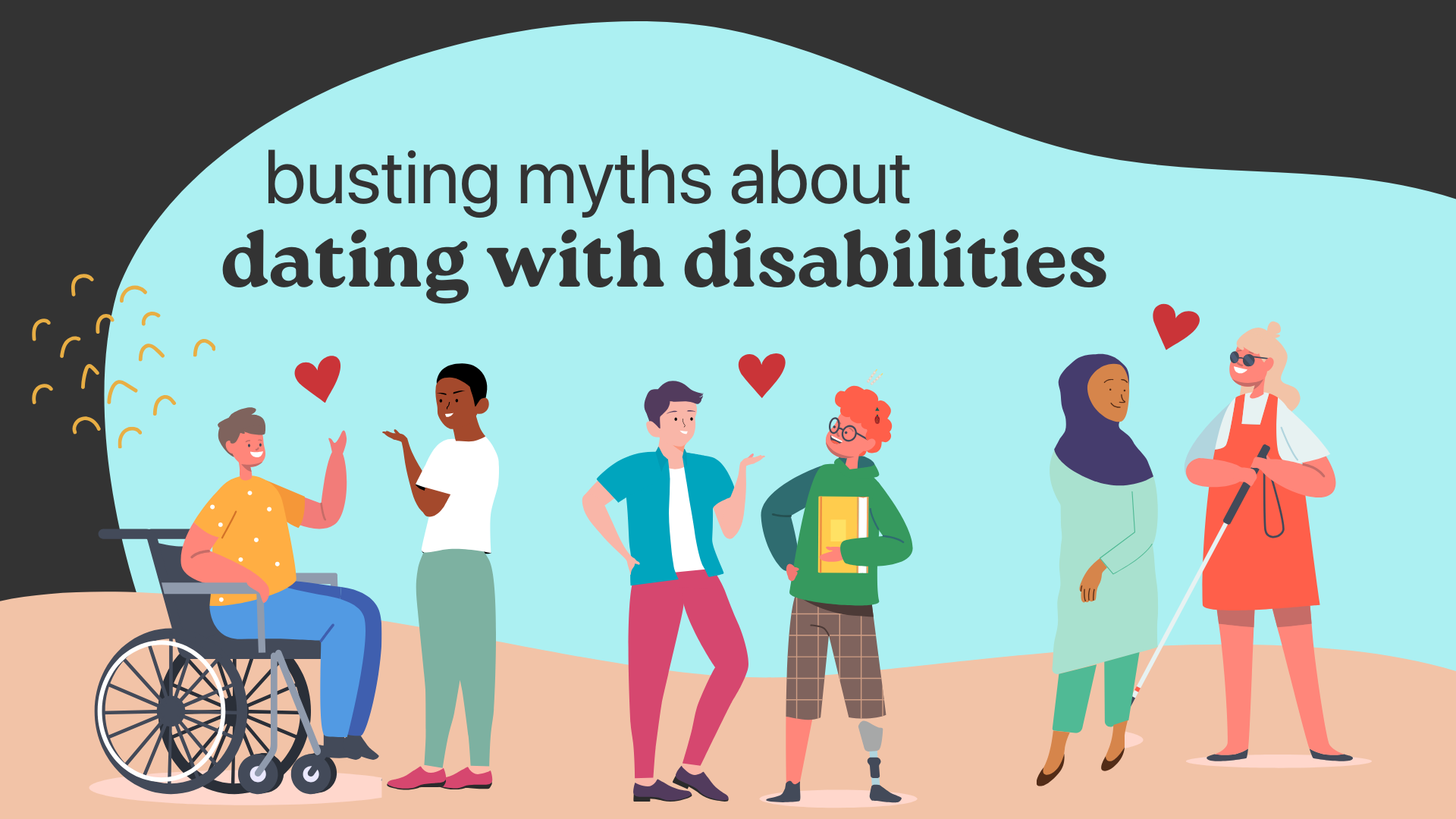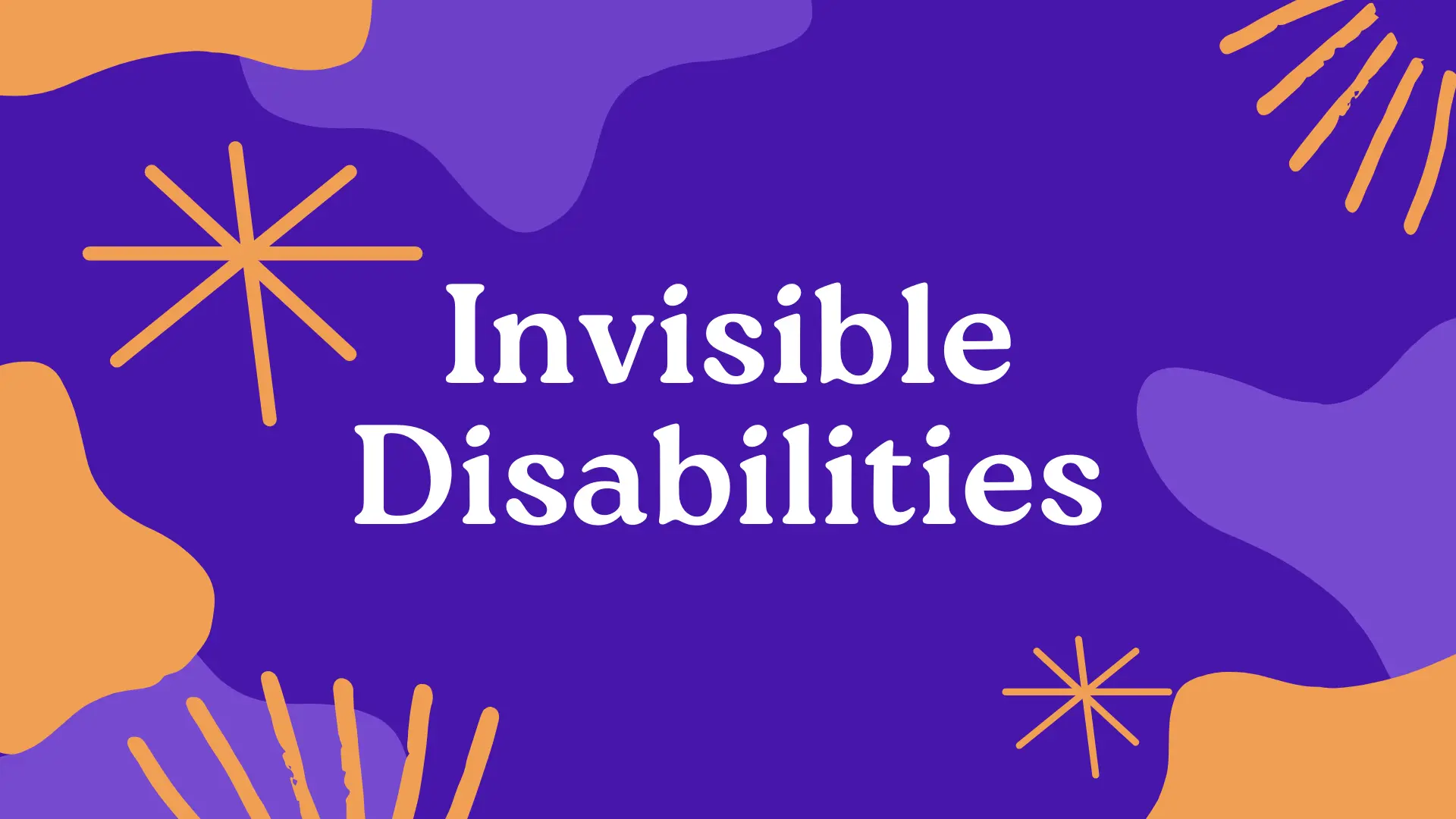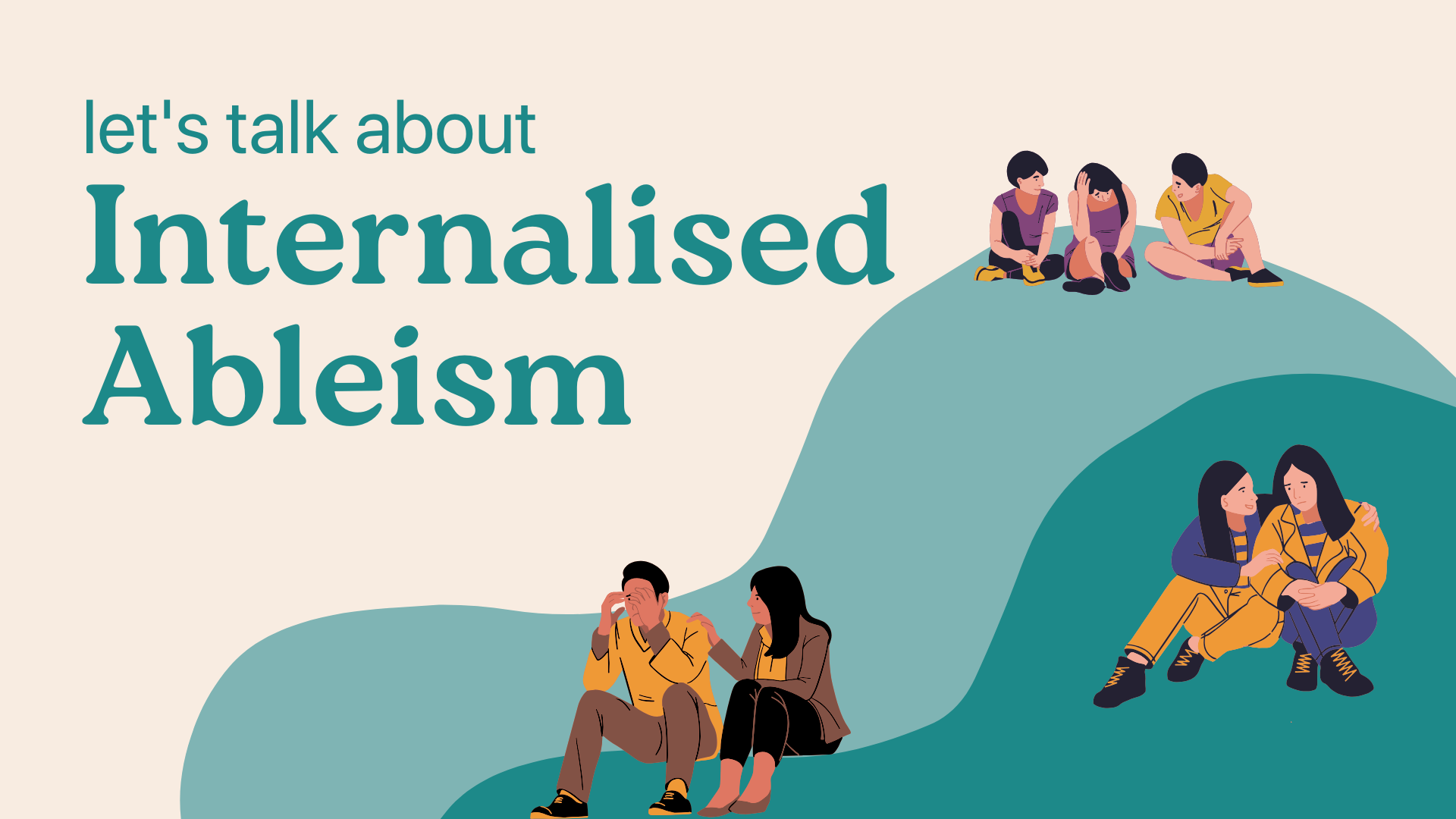Dating is a daunting affair. Finding someone who likes you for who you are after going through an unimaginable number of filters and censors to make sure they’re worthy of your time, effort, and in some cases, even a spot on your Instagram feed it’s nerve-wracking. Add a disability to the mix, and you’ve got yourself an emotional recluse. Not because they’re not datable, they’re probably working harder than most to find joy and happiness in the ableist society we live in. No, it’s because of the number of challenges that a person might face if they date someone disabled.
Myth 1: Disabled people are asexual or child-like.
Clinical and health psychologist Kaley Roosen noted that “Growing up in an ableist society means that disabled people are viewed as asexual or child-like and often not included in conversations around desirability or dating or romantic love. This can lead to negative feelings around desirability.” That begs the question: Why wouldn’t your sex life be great? Are you planning to cease communicating what you need and want? Are you going to ignore, shut down, or gloss over the needs and wants of the disabled?
Those are deal-breakers and intimacy-killers in any relationship. Yes, some disabled people will have special considerations that they may or may not clue you in on, but that’s a bridge you will have to cross when you get there. Far too often, people assume that disabled people are uninterested in or completely incapable of having sex.
Unfortunately, many disabled people are subjected to physical, mental, and emotional abuse or are under medication that might affect their desire and enjoyment. It is discouraging for both parties, but it’s a personal journey that both partners will have to discover what works for them together. Every disabled person has the power to exercise their sexuality if they want to, so do not miss out because you made a misguided assumption fed by societal bias.
Myth 2: Dating a disabled person automatically makes you a caregiver.
Living a disabled life often invites intruders like medical trauma and inconsistent energy levels, which often affect the partner’s life. Accepting love and affection from another person can be challenging because they’re probably still working out self-esteem issues. They may choose to accept help or tough it out. Either way, the best thing both can do for each other is to be patient and reassuring.
Ableism comes with a seemingly endless Rolodex of subtle daggers, and the emotional impact can come out of nowhere. Be prepared to support a partner through this. Reassure them that their feelings are a real response to their surroundings, and above all, only provide assistance when they ask for it.
Myth 3: Disabled people are a burden.
You might be thinking; it’s 2022, we know that. You’d be surprised how often the disabled are patronised, spoken over, or even spoken to in the same tone of voice that you’d use to communicate with a toddler. You may be second priority to a partner’s health or must learn how to plan ahead to ensure accessibility for a partner. Sometimes these modifications have an emotional impact. That doesn’t mean you can’t set boundaries for yourselves and communicate what bothers you or how you’d like to be treated. If you need space, take it. If therapy would help manage your feelings, try it. If you need support from a partner, ask for it.
Staying silent about the impact of a partner’s wellbeing can end up hurting both of you. Do not allow it to reach critical mass before flagging it. Everyone must take care of themselves before helping anyone else.
Do not forget your own self-care, which should always start with clear boundaries. It is never easy to see someone you care about in pain or struggling, so be patient with yourself and your partner. In fact, the more you’re willing and able to help your partner, the more they can do. Living a disabled life doesn’t mean they can’t do things; it’s just trickier for them. Trust that when they’ve got a safety plan and people they trust to help, they’re happier and more prepared than they would be flying solo.
Myth 4: Dating a disabled person makes you a spokesperson for all of them.
Of course, you should promote disability rights and actively advocate for them with the privilege you’re born with. That doesn’t mean you get to talk down to or speak for them. The able-bodied don’t truly understand the nuances of living differently. Dating a disabled person doesn’t get you a cookie or make you any better than able-bodied couples. They aren’t inspiration porn either. The best you can do is highlight critical issues to the unaware and let the disabled people do the talking.
Some things to keep in mind when you’re on a date with a disabled person:
- Treat them normally. Don’t get weird. Don’t pity. Don’t tell them what’ll help cure their disabilities. Really, just don’t assume. Ask questions, inquire about what they think, how they feel about it, give them the agency to share their experiences. If they don’t bring it up, don’t push it. Chronic disability is a personal journey that takes trust and emotional security, and safety to share.
- Be aware of disability rights and movements. Don’t enable ableist ideals. Do your research ask for guidance. Be an ally.
- Be aware of your able-bodied privilege. Being sociable must be taxing enough, let alone being on a date. They’ve already invested more energy, trust, and hope than you have just by navigating pesky public transport to meet you. Acknowledge the effort.
- Strategise the best way to use individual strengths. Plan dates that they can contribute to in emotionally valid ways that don’t put a glaring spotlight on the differences that they’re uncomfortable with.

 Understanding Invisible Disabilities: A Closer Look
Understanding Invisible Disabilities: A Closer Look